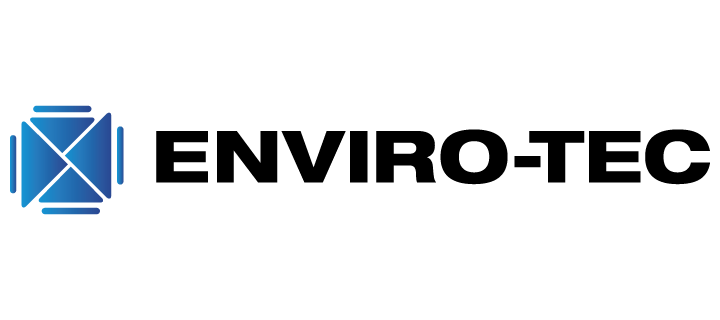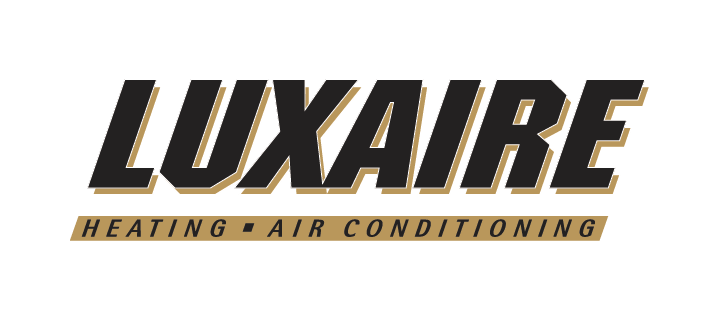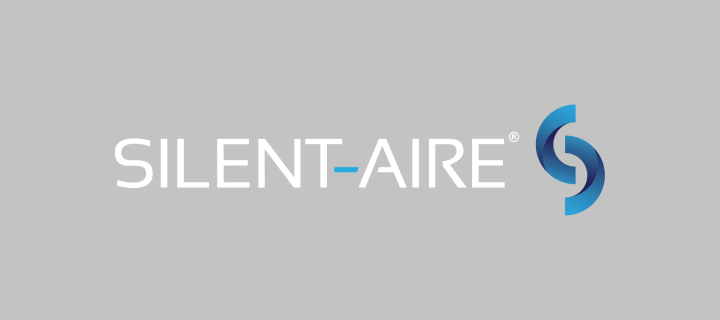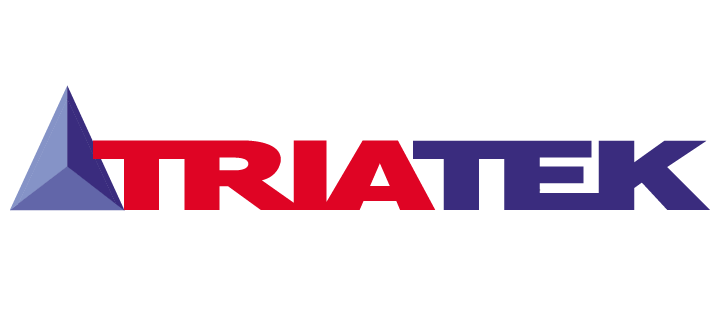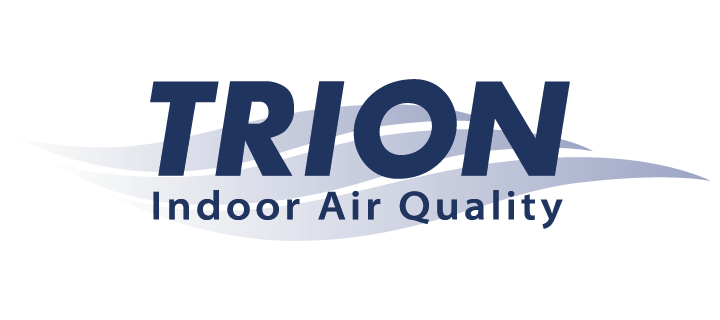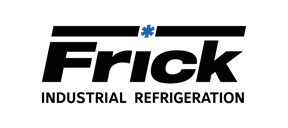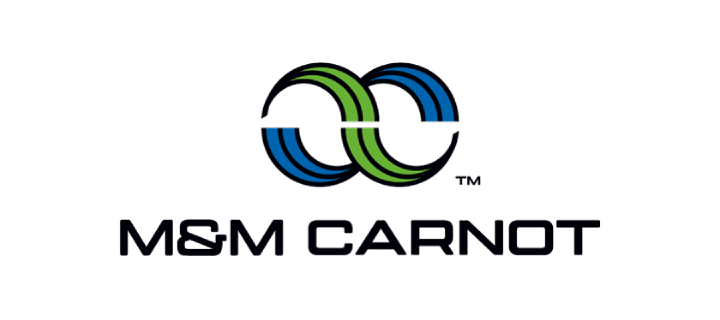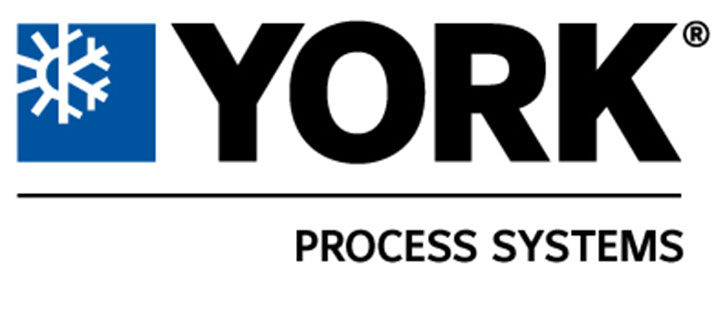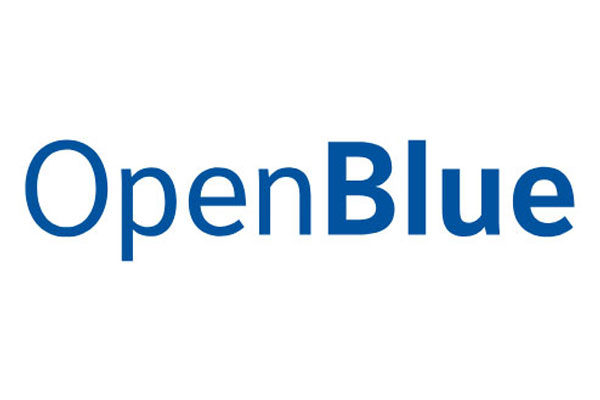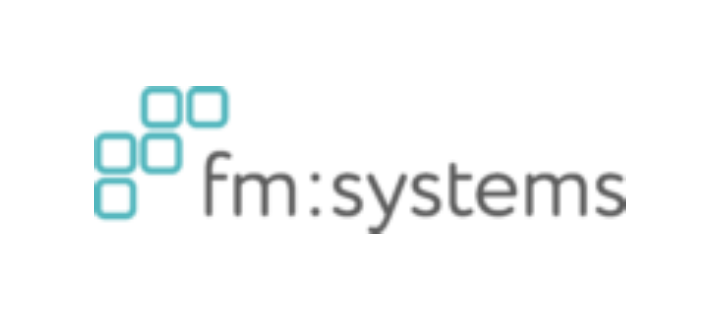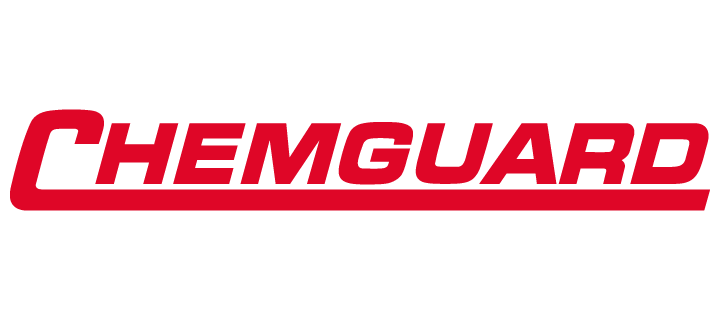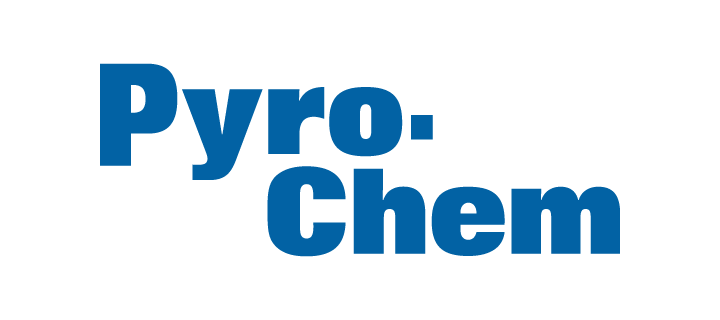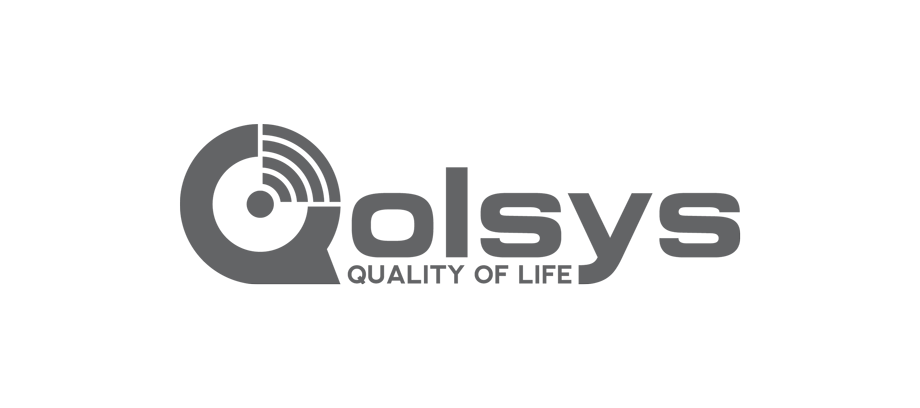- Johnson Controls
- Insights
- Johnson Controls: Pioneering Smart and Healthy Buildings
Johnson Controls: Pioneering Smart and Healthy Buildings
At the recent global WELL Conference of the International WELL Building Institute, Johnson Controls Chairman and CEO George Oliver emphasised the importance of healthy buildings at the core of Johnson Controls’ strategy.
At the recent global WELL Conference of the International WELL Building Institute, Johnson Controls Chairman and CEO George Oliver emphasised the importance of healthy buildings at the core of Johnson Controls’ strategy.

Johnson Controls North American headquarters in Glendale, Wisconsin.

Johnson Controls Asia-Pacific headquarters in Shanghai.

Johnson Controls, a global leader in building solutions, is not only at the forefront of smart buildings but also prioritises creating healthy environments. With a vision for a future where enhanced indoor air quality (IAQ) is the standard, Johnson Controls is dedicated to sustainable, smart, and healthy environments for building occupants.
Healthy Buildings are Smart Buildings
At the recent global WELL Conference of the International WELL Building Institute, Johnson Controls Chairman and CEO George Oliver emphasised the importance of healthy buildings at the core of Johnson Controls’ strategy.
According to Oliver, smart buildings involve integrating existing technology, building systems, and digital technologies to create net-zero buildings that prioritise both sustainability and indoor air quality for health and wellness. The ultimate goal is to enhance the occupant experience by integrating all these elements.
“Indoor air can be five times dirtier than outdoor air, which most people don’t realise,” Oliver noted. “Our studies show that better indoor air quality can increase employee productivity significantly, which is crucial since we spend 90% of our time indoors.”
“We have to walk the talk. We need to demonstrate to our customers that within our own facilities, we set the standard. Our North American headquarters in Milwaukee and Asia-Pacific headquarters in Shanghai, are prime examples of this commitment.”
Johnson Controls Chairman and CEO George Oliver
Oliver highlighted the company’s approach: “By utilising data and integrating systems, we can achieve remarkable energy reductions of 30 to 50%, while simultaneously ensuring acceptable indoor air quality. This aligns with our commitment to sustainability and the holistic well-being of building occupants.”
Johnson Controls' WELL Building Commitment
Johnson Controls is not just advocating for healthy buildings for its customers, but also taking action within its own buildings. The company has achieved WELL Health-Safety ratings at its headquarters in Glendale, Wisconsin, and Shanghai. These certifications demonstrate a dedication to creating healthy working environments for employees.
Building on these achievements, Johnson Controls is committed to scaling WELL certifications across its global real estate portfolio through the WELL at Scale program. This initiative showcases the company’s determination to prioritize the well-being and performance of its more than 100,000 employees across 150 countries.
"We are committed to delivering healthy buildings to our clients and within our own real estate portfolio. It's critical to our strategy that our own buildings provide optimal environments for our employees and visitors to thrive," said Tyler Smith, vice president, healthy buildings, Johnson Controls.
Walking the Talk
Johnson Controls’ commitment to healthy buildings goes beyond words. The company has reduced absolute scope 1 and 2 emissions by 43.8% since 2017, ahead of schedule to achieve a 2030 science-based target of a 55% reduction. Additionally, a 27.1% reduction in scope 3 emissions from product use has exceeded the 2030 target of a 16% reduction.
Oliver explained, “We have to walk the talk. We need to demonstrate to our customers that within our own facilities, we set the standard. Our North American headquarters in Milwaukee and Asia-Pacific headquarters in Shanghai, are prime examples of this commitment.”
The company actively contributes to developing stronger air quality standards and advocates for the well-being of building occupants and the environment. “We’ve commissioned a report from Forrester, which found that smart buildings empower leaders across the organisation—from facilities and security to sustainability and human resources—to make better decisions. Yet only 10% of those interviewed said their building systems and equipment were fully integrated. This is an area where we are leading the charge,” Oliver added.
The Path Ahead
By embracing both IAQ and decarbonisation, Johnson Controls has positioned itself as an industry leader. The company was one of the first signatories to the International Healthy Building Accord, which emphasises the critical role of health in building design, construction and operations. This ongoing dedication to healthy buildings not only enhances the occupant experience but also contributes to an altogether more sustainable and resilient future.
“Seventy percent of the buildings standing today will still be operating in 2050. For anyone committed to achieving net zero, this means upgrading buildings and integrating technology to reduce energy consumption. Buildings represent 40% of global carbon emissions, so this is crucial,” Oliver emphasised.
Through its actions and commitment, Johnson Controls is revolutionising the building industry, proving that healthy buildings are not just a concept but a tangible reality benefiting both individuals and the planet.
Additional Reading:
Healthy Buildings: Generate returns productivity and well-being
International Well Building Institute




